Welcome
It is amazing to watch infants learn their language, but it is even more amazing to watch infants learn two languages at once. The Concordia Infant Research Lab, directed by Dr. Krista Byers-Heinlein, studies how bilingualism in the infant and preschool years affects children’s language, social, and cognitive development.
Welcome
It is amazing to watch infants learn their language, but it is even more amazing to watch infants learn two languages at once. The Concordia Infant Research Lab, directed by Dr. Krista Byers-Heinlein, studies how bilingualism in the infant and preschool years affects children’s language, social, and cognitive development.
Some of our research questions include:
- How do bilingual infants cope with their language environments?
- How is bilingual language acquisition different from and similar to monolingual language acquisition?
- How do young bilinguals learn the sounds and words of their languages?
- What does early bilingualism tell us about the human capacity for language learning?
- What strategies do parents use to raise bilingual children? Are some strategies more effective than others?
- Does bilingualism change how children think about their world?

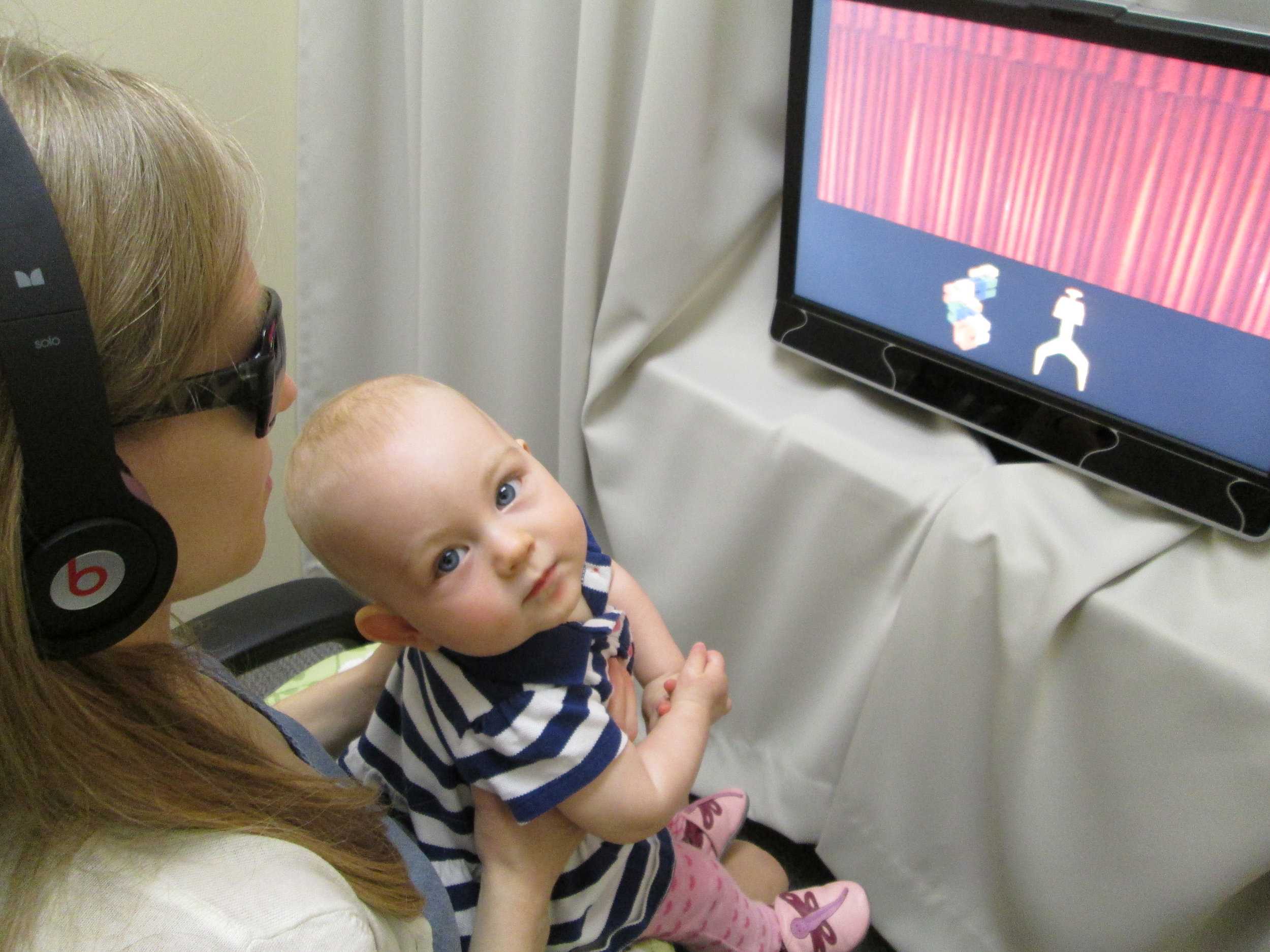
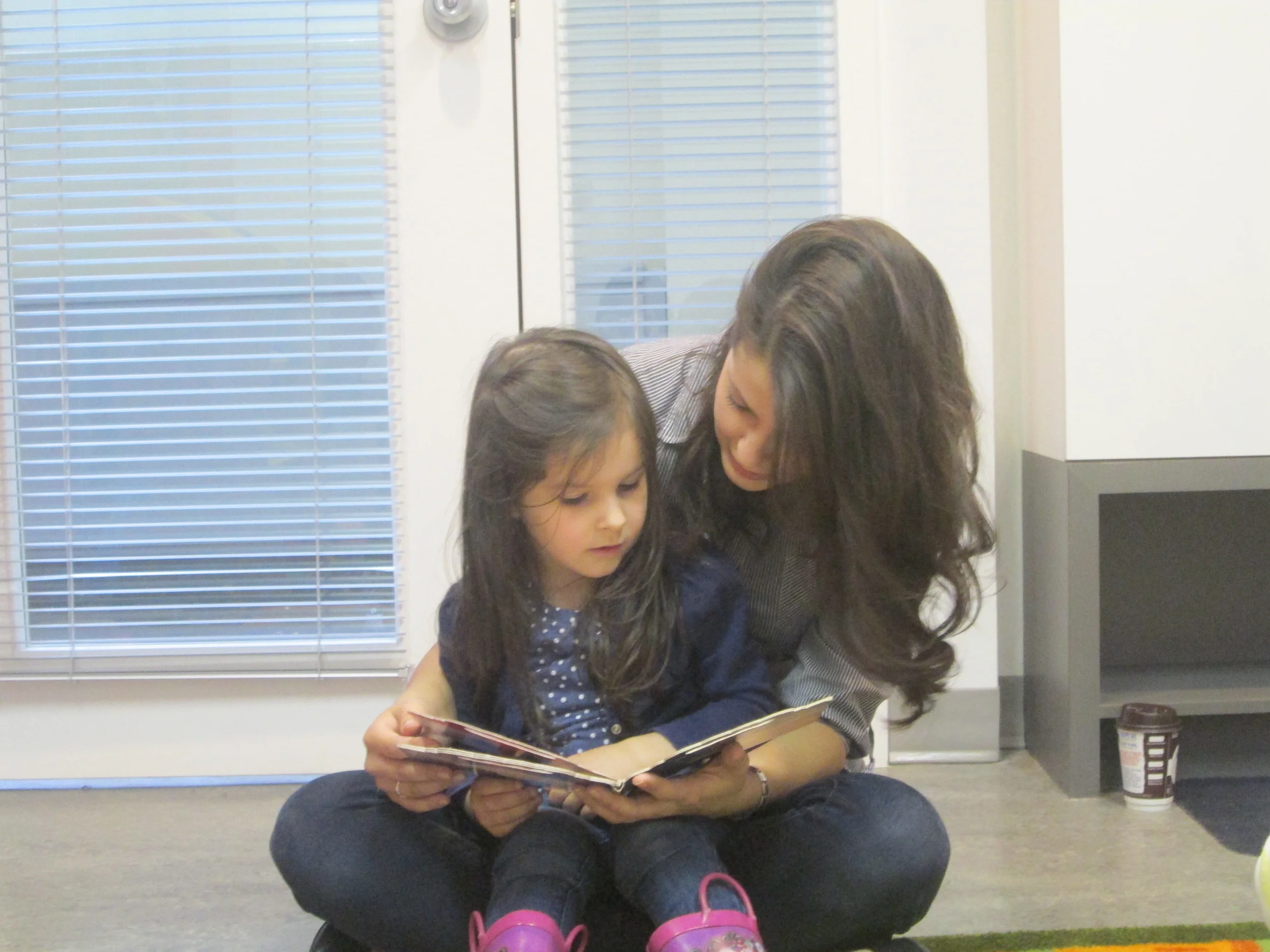
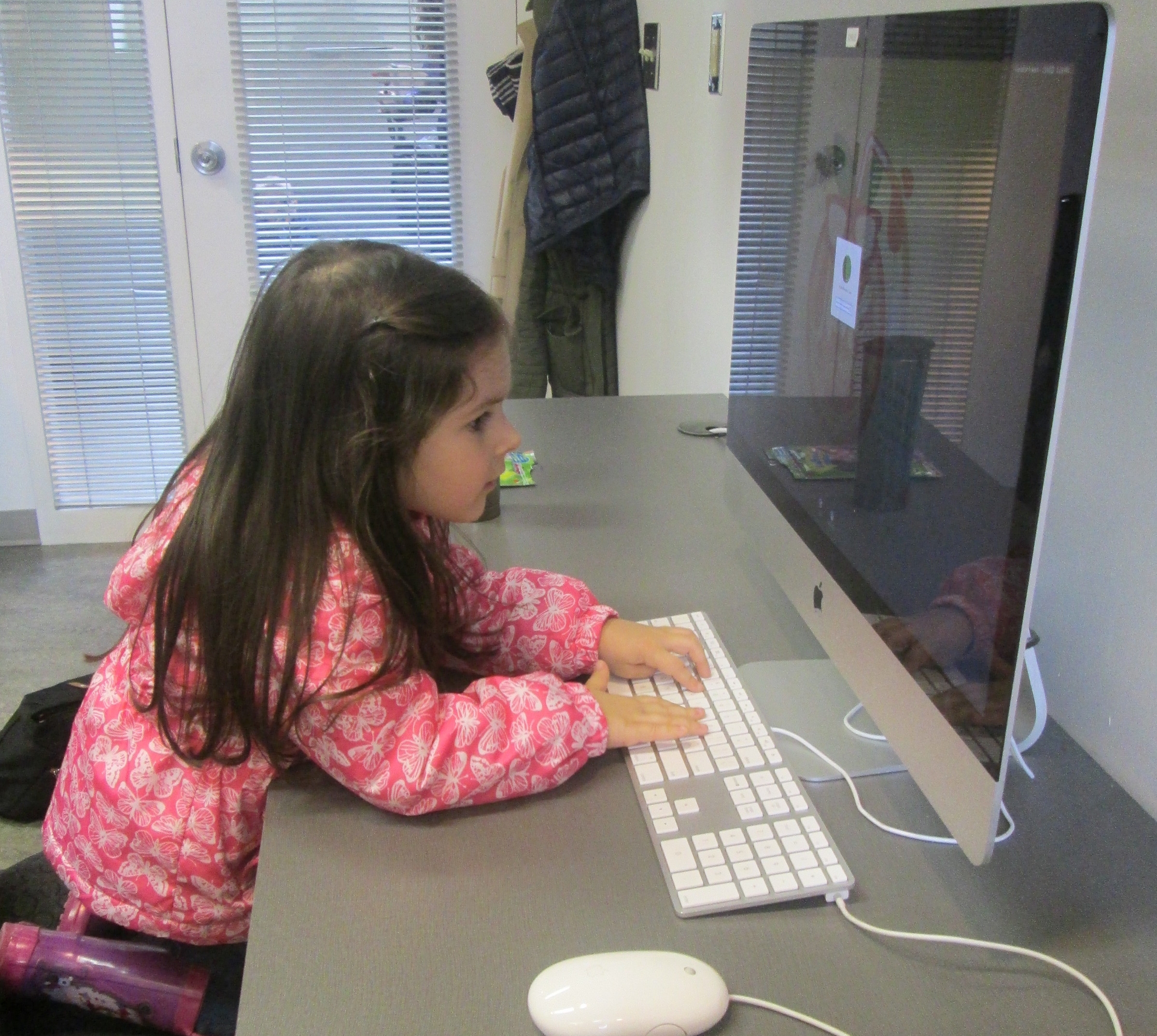

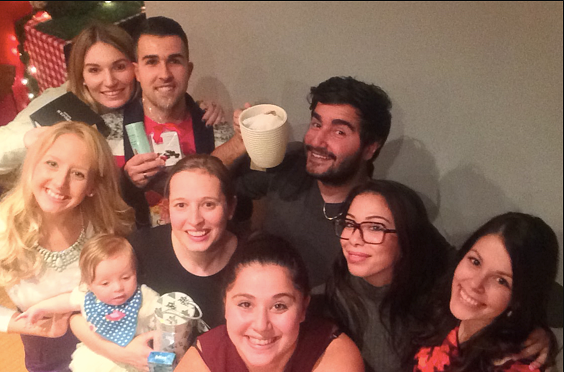
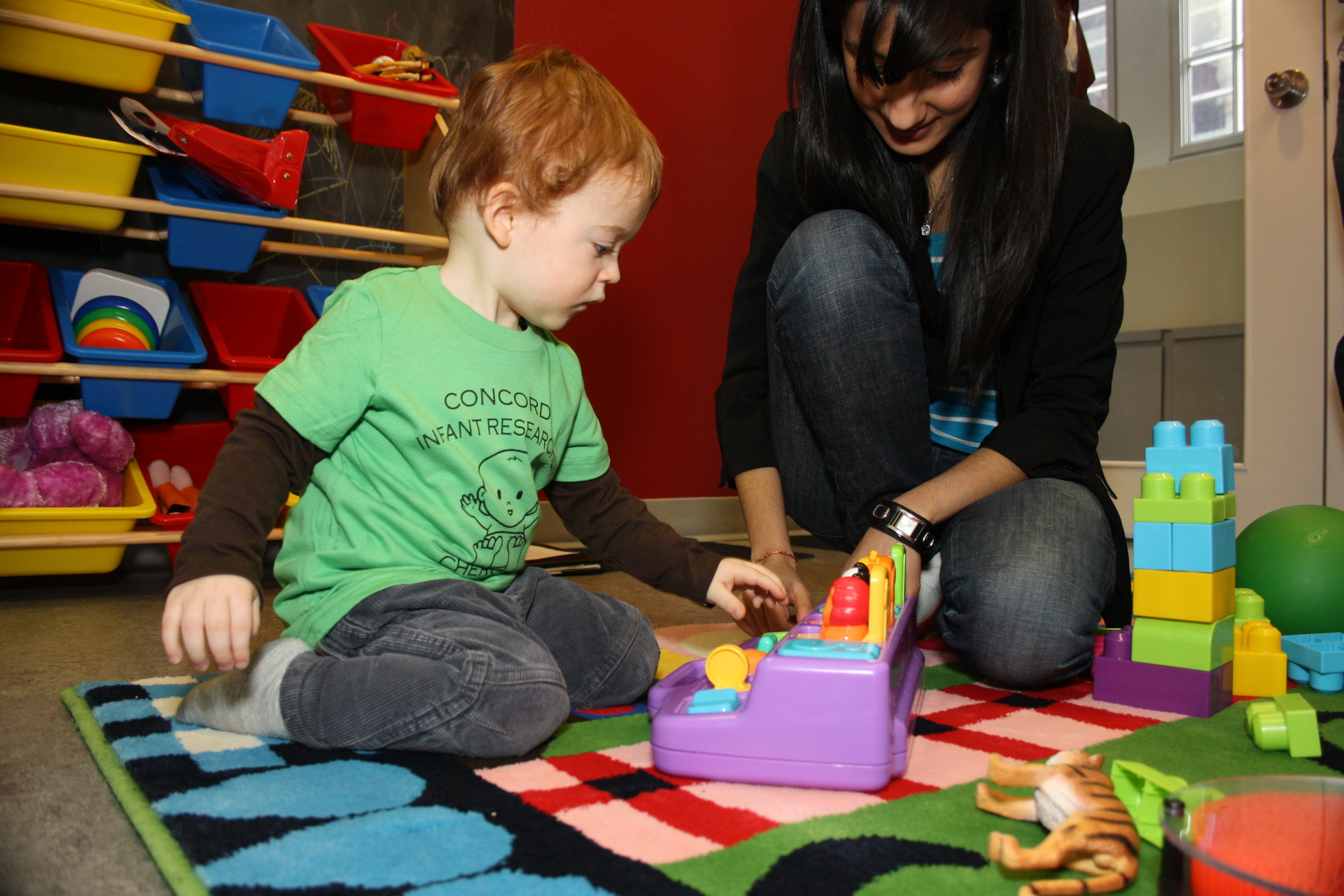
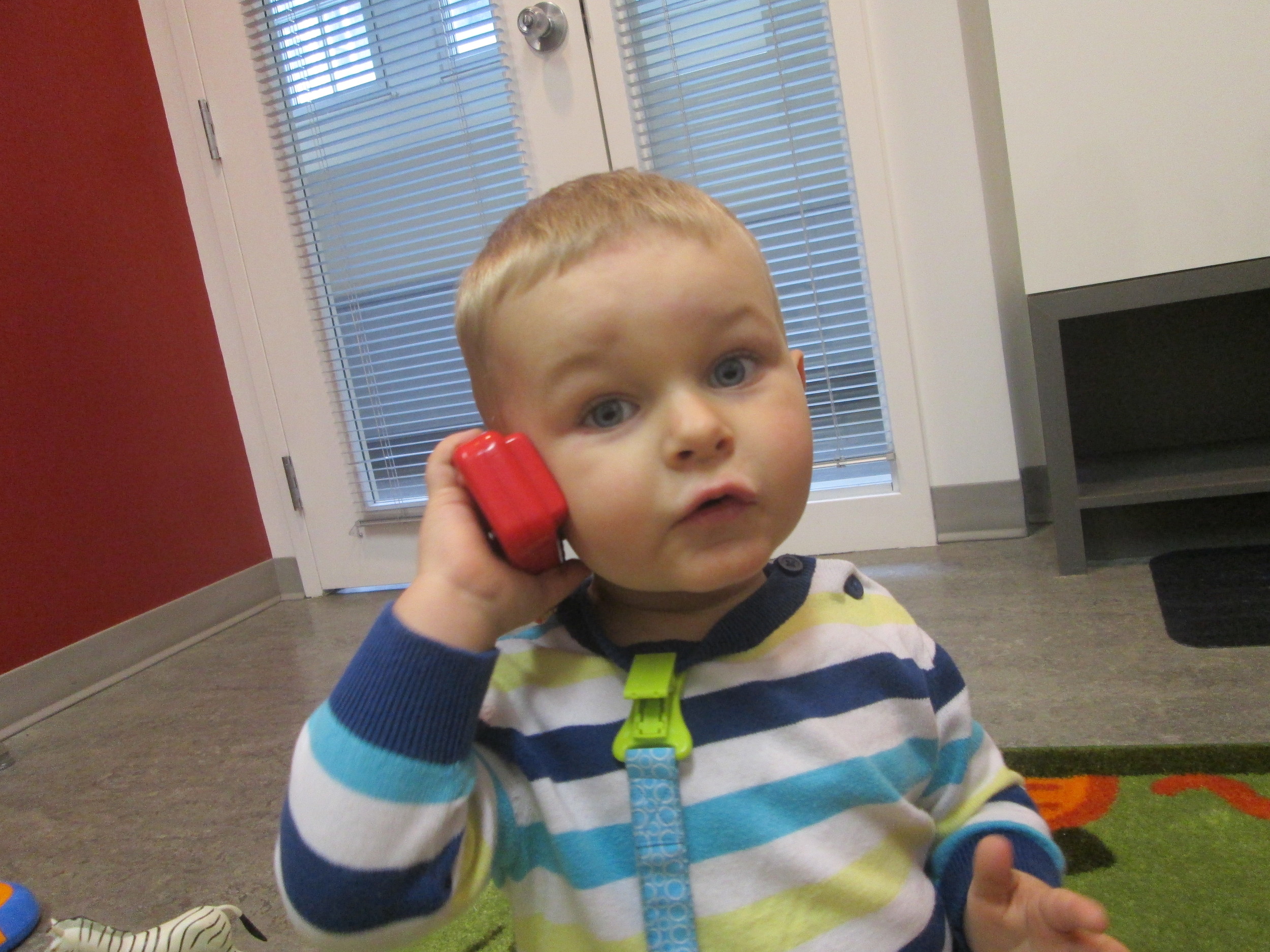
Concordia Infant Research Lab Statement on Diversity & Inclusion
Diversity is at the heart of bilingualism and the research we do. Bi- and multilingualism can only happen when people who speak different languages—and who often from different cultural backgrounds—come together. We acknowledge that our lab is located on unceded Indigenous lands. The Kanien’kehá:ka Nation is recognized as the custodians of the lands and waters on which we gather. Tiohtià:ke/Montréal is historically known as a gathering place for many First Nations. Today, it is home to a diverse population that speaks Indigenous languages, official languages (English and French), and many other languages from around the world.
Within this context, the ultimate goal of our research is to understand and ultimately support children’s healthy language and cognitive development. We believe that this goal is best achieved when the people taking part in our research are reflective of the breadth of the human experience we aim to understand. We therefore seek diversity of both researchers and research participants. Diversity encompasses, among others, differences in ethnicity, national origin, language, cultural background, religion, gender, sexual orientation, family structure, disability status, educational background, and socioeconomic status.
It is important to us that our lab be a place where all members, collaborators, and research participants feel welcome and respected. We strive for a lab community that is diverse, equitable, inclusive, supportive, and enjoyable. If you are interested in participating in research with your child, please contact us. If you are interested in learning how to conduct research on bilingual development—particularly if you identify as a member of one or more groups historically underrepresented in STEM fields—we encourage you to consider applying to join our lab.
